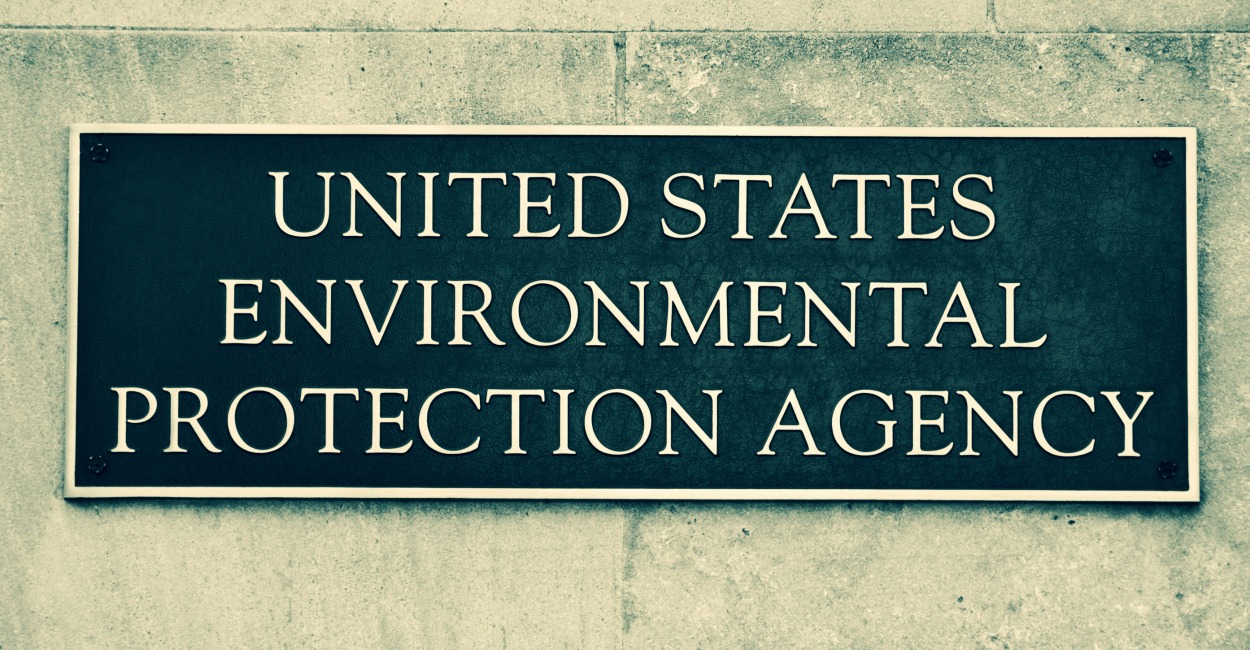The Environmental Protection Agency (EPA) broke the law when pushing its controversial water rule, according to the Government Accountability Office (GAO).
As Congress considers whether to include a provision in the omnibus appropriations bill to block funding for the water rule, this should make the issue a no-brainer. As if a rule that attempts to regulate almost every type of water wasn’t enough of a reason.
As explained by the New York Times, “[t]he Environmental Protection Agency engaged in ‘covert propaganda’ in violation of federal law when it blitzed social media to urge the general public to support President Obama’s controversial [water] rule[.]”
The following comes from the conclusion in GAO’s ruling, which discusses some of the problematic actions previously highlighted by Heritage:
The use of appropriated funds associated with implementing EPA’s Thunderclap campaign and establishing hyperlinks to the NRDC and to the Surfrider Foundation webpages violated prohibitions against publicity or propaganda and grassroots lobbying contained in appropriations acts for FYs 2014 and 2015. Because EPA obligated and expended appropriated funds in violation of specific prohibitions, we also conclude that EPA violated the Antideficiency Act, 31 U.S.C. § 1341(a)(1)(A), as the agency’s appropriations were not available for these prohibited purposes.
The EPA was desperate. That’s what happens when trying to push through this indefensible EPA and U.S. Army Corps of Engineers (Corps) rule. The agency used various types of social media, including Thunderclap. As explained by the EPA when urging public support for the rule, “[w]e hope you’ll support our clean water proposal. To help you do that, and get your friends to also voice their support, we’re using a new tool called Thunderclap; it’s like a virtual flash mob.” The message was sent to about 1.8 million people. The agency was acting like an advocacy group, not a government agency.
Even before this GAO opinion, Congress had more than enough reason to block funding for the implementation of the rule:
- The rule hurts the environment by keeping states from taking a leading role in water protection (contrary to the express language of the Clean Water Act).
- The rule is an attack on property rights by making it more difficult for property owners to use their property even for ordinary activities, such as farming.
- The rule is so vague that property owners may not even know they could be violating the law.
- The opposition to the rule (based on various reasons) is wide and diverse and comes from farmers, ranchers, manufacturers, small businesses, counties, and home builders. Attorneys general and agencies from at least 31 states have sued the federal government over the rule. Even environmental groups have sued the federal government over the rule.
- The Corps itself was expressing serious concerns in memos to the EPA about the rule shortly before it was released.
- There are a lot more legal issues with the rule than EPA’s advocacy-related actions. The Sixth Circuit issued a stay in October blocking implementation of the rule, stating, “[W]e conclude that petitioners have demonstrated a substantial possibility of success on the merits of their claims.” This stay could always be lifted; after all, the Court hasn’t even decided whether it has jurisdiction to hear the case.
The real question isn’t why Congress should block funding for this water rule. Instead, it’s how Congress could possibly allow the rule to go forward in the first place.
